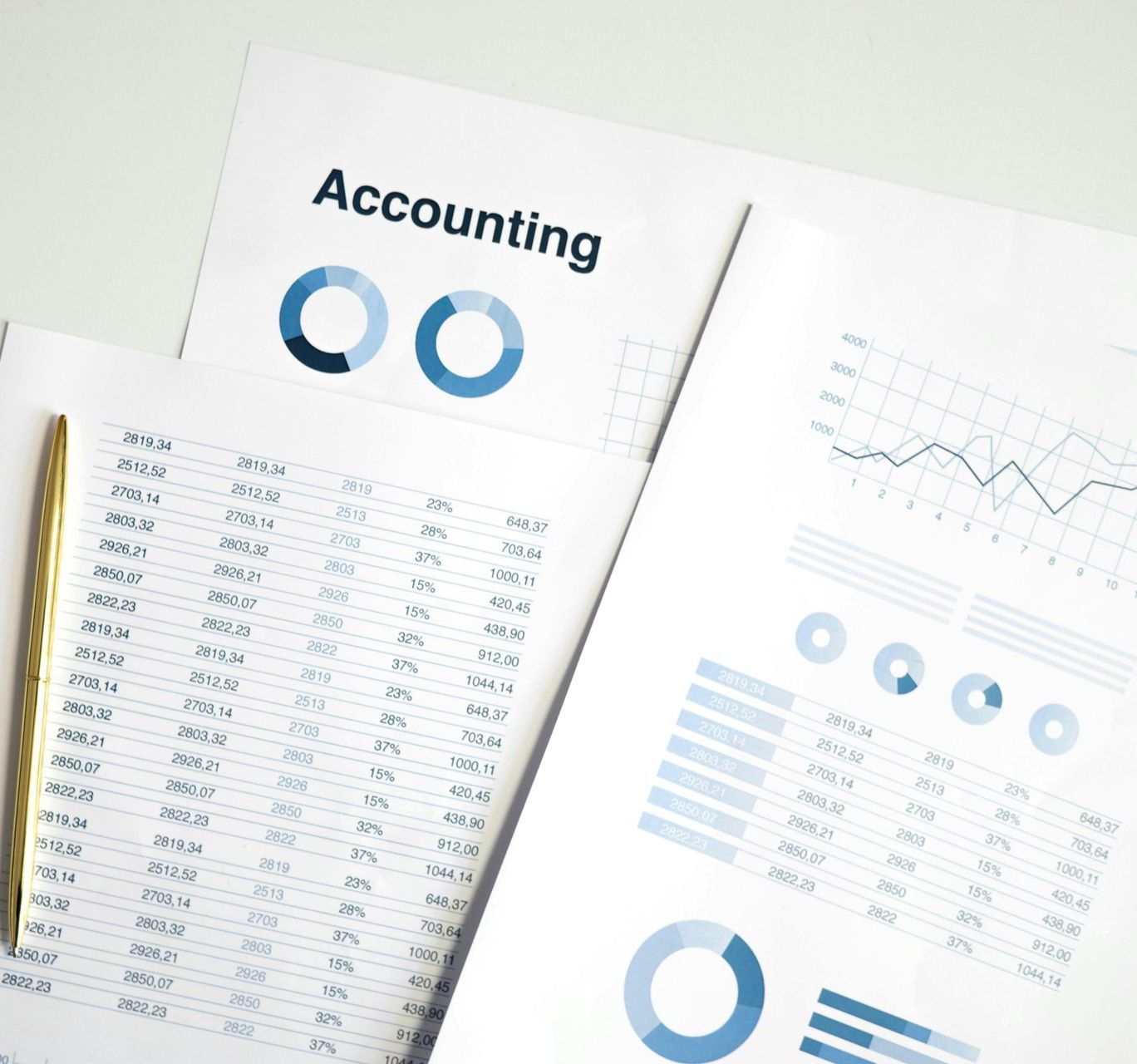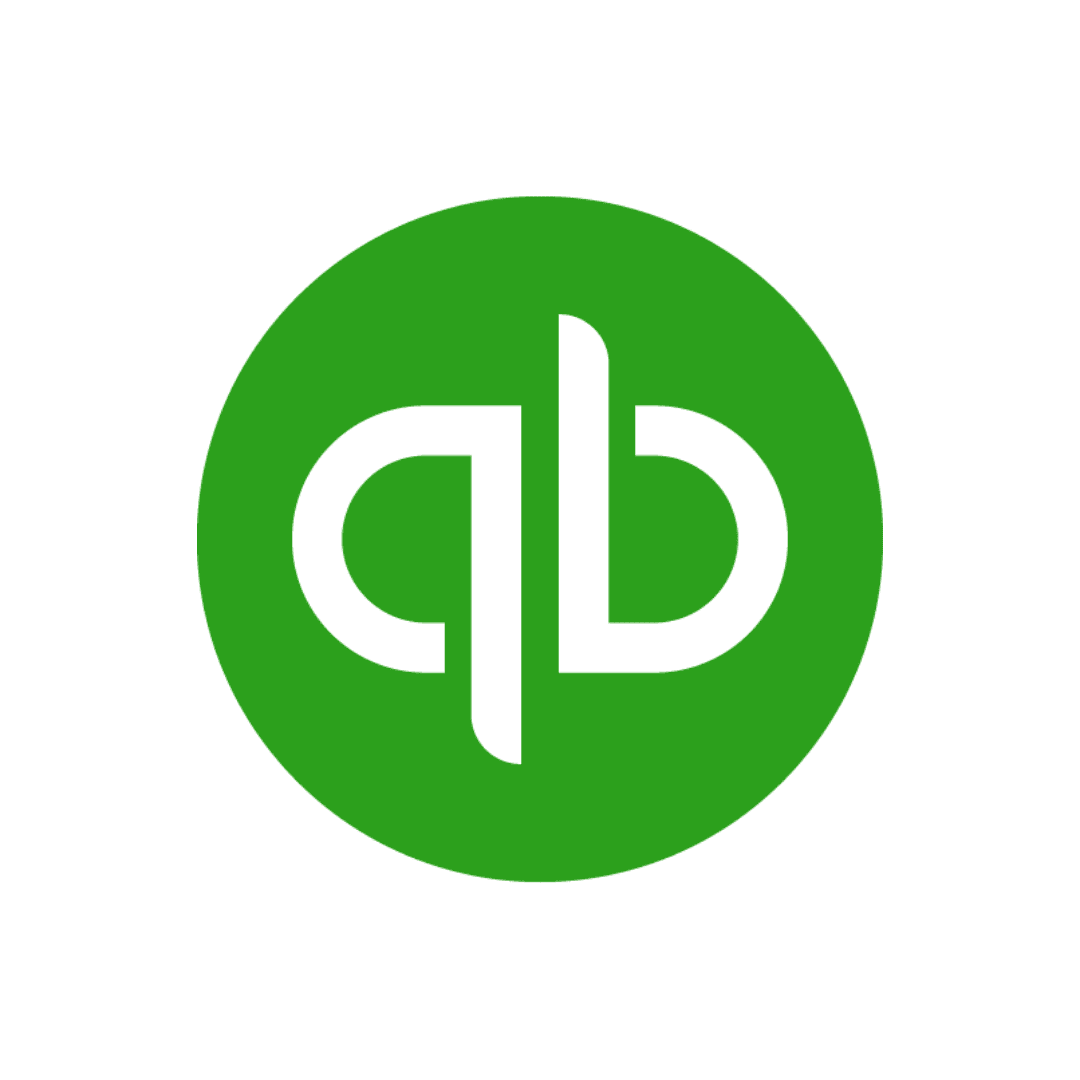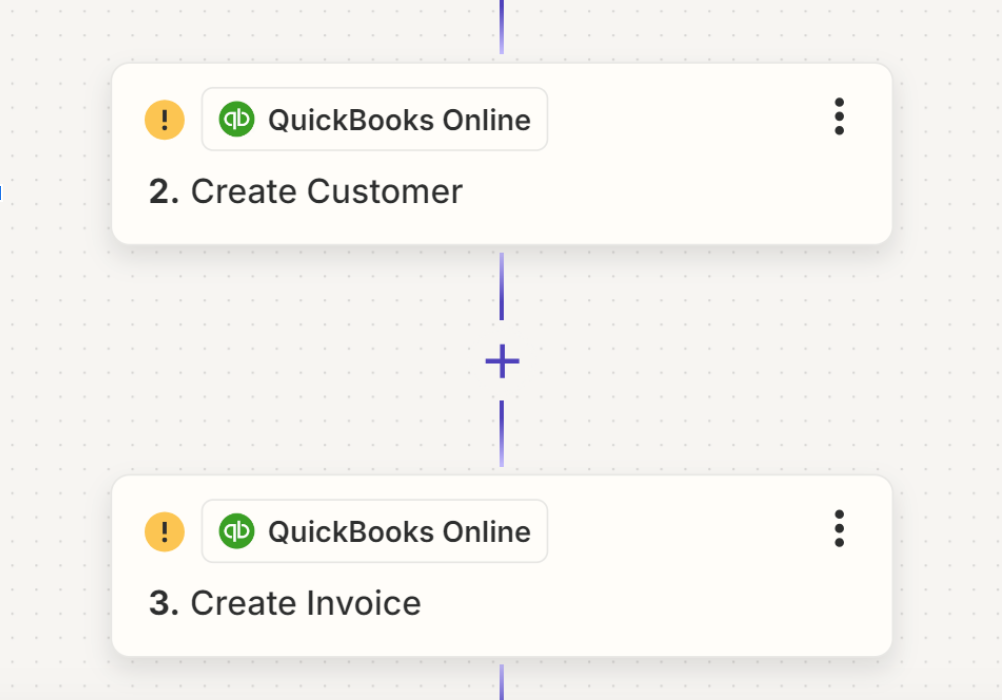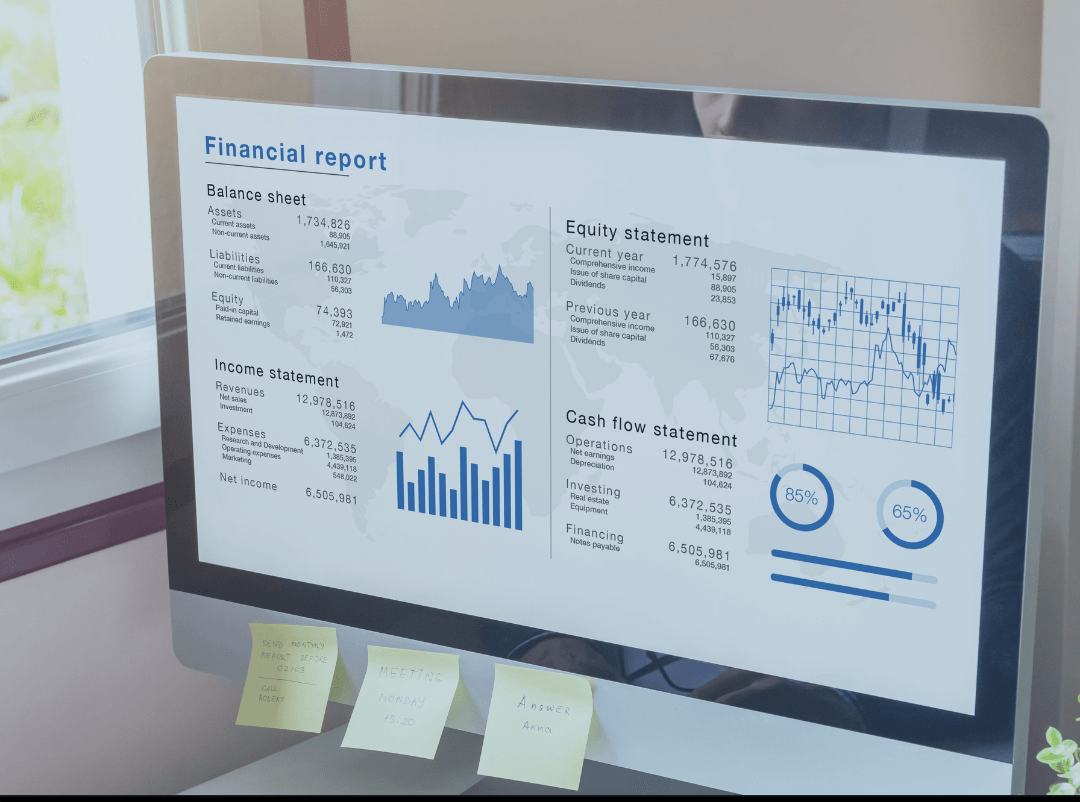What is Business Finance?
Finance means different things to different people. At GrowthLab, we like to think about business finance as the sources and uses of cash in your business. For example, take a look at the income statement. Most income statements that we see in small businesses are more focused towards cash than accrual. As businesses begin to grow, income statements become more accrual, but never 100% because of cost/benefit outcome.
Finance starts with
what are the ins and outs of cash in your business? If you want to understand this, take a look at
direct and
indirect cash flow models. When thinking about business finance, you're thinking about
what are the underlying cash needs of your business?
(Checkout the GrowthLab 4) In order to understand this, you need to start with a three to five-year plan - the Long-range Plan or LRP.
If you're going to grow your business from $0 in revenue today to $50 million in revenue in the next three years, that's going to require cash. With that perspective, it's all about
how much cash and when do I need the cash to execute on my plan to go from $0 to $50 million in the next three years?
On the flip side, many businesses that have been operating for 5 to 10 years, their business finance really means
what are my underlying KPIs that I need to know in order to make better decisions to achieve my 3 to 5 year goals?
What GrowthLab can do
13- Week Cash Flow
Long-Range Model
Grant Accounting
Budgeting
So business finance could be about raising capital, getting a bank loan, or finding investor money. Business finance is also an underlying pinning of how do I exit my business? What is my overall 3 to 5 year plan? This is the expectations coming out of the business in order to value the business on a cash basis.
Sometimes you hear about
EBITDA, and companies being valued at 3 to 5 times. What does that mean? EBITDA is as close to cash as you're going to get from a P&L without going through the indirect cash flow. When thinking about business finance it starts with good solid bookkeeping, accrual accounting, or knowing that it's cash accounting, good planning, 3 to 5 year planning, and then understanding the underlying valuation of the business based on that cash.
Other Blogs Related to Small Business Accounting





